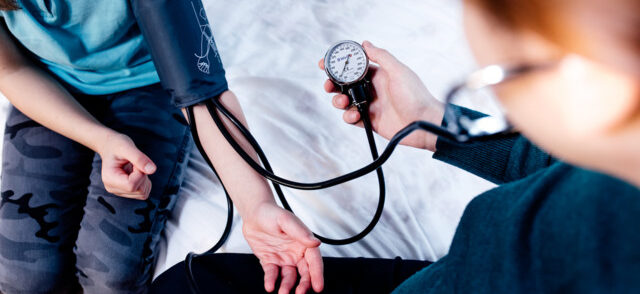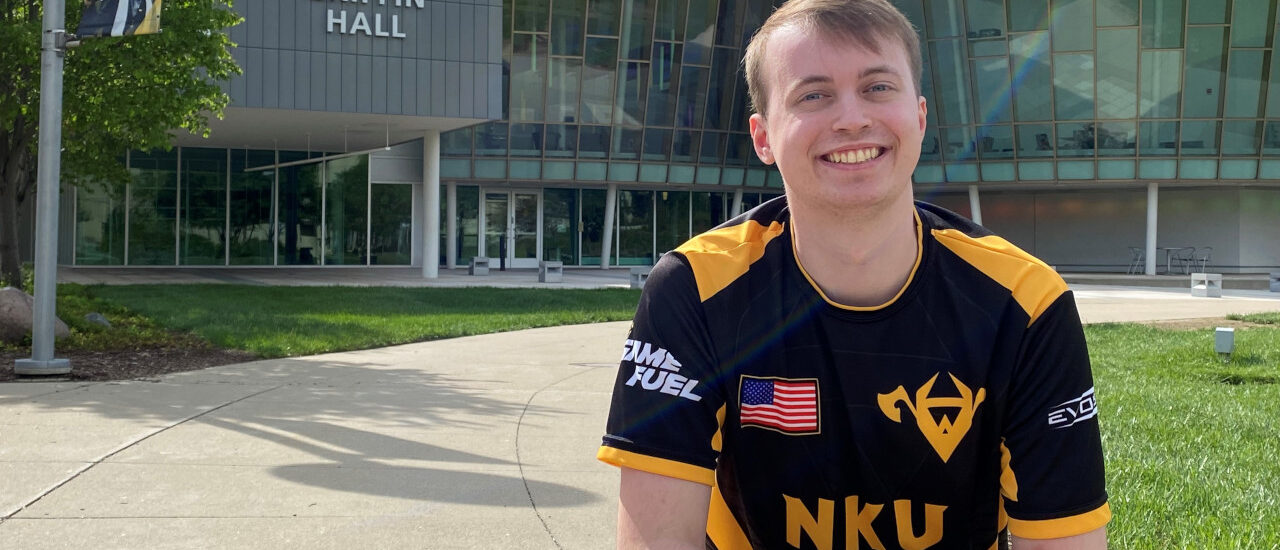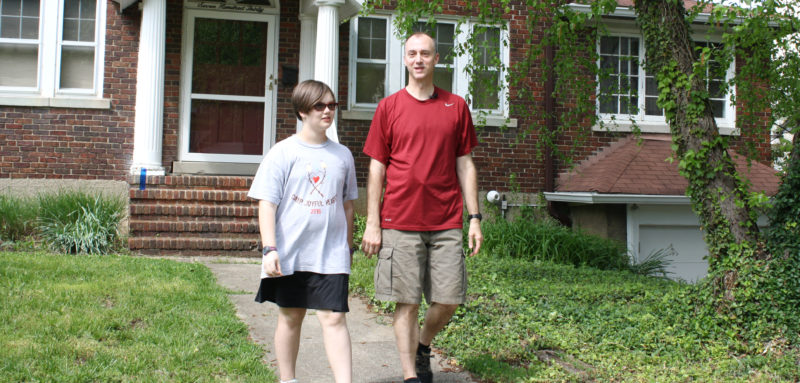Hypertension, or high blood pressure, in children has been on the rise for the last three decades. In fact, 3.5% of children and adolescents have high blood pressure. For youth who are overweight or obese, the prevalence can be as high as 24.8%. There is strong evidence to suggest that heart disease can start in childhood, especially when risk factors like high blood pressure are present.
Screening and diagnosis
This is why kids should have their blood pressure measured every year starting at age 3. It is particularly important for this screening to happen if your child has risk factors such as obesity, kidney disease or diabetes. If your child does have high blood pressure at more than one visit, further evaluation is necessary to establish a diagnosis of hypertension. This usually requires an appointment with a blood pressure specialist.
What to expect at your visit with a blood pressure specialist
You do not need to take any special steps before your first visit with a blood pressure specialist. Once you’re there, you can expect the following to happen:
- Blood pressure taken
A nurse will take your child’s blood pressure again using a blood pressure cuff and stethoscope, which is called a manual blood pressure. - Blood work drawn
We will test blood to make sure there are no secondary causes of high blood pressure, such as thyroid or kidney issues. - Medical history discussed
A thorough medical history will be taken, including a review of medications that could cause elevated blood pressure, and a family history, because it can run in families. - Physical exam
A physical exam will be done to rule out any secondary causes of high blood pressure. The physical exam in children with hypertension is usually normal. - Blood pressure monitoring
If blood pressure is elevated during this visit, a 24-hour blood pressure monitor may be used to help determine if your child’s blood pressure is high all the time or only in the doctor’s office.
What happens next?
If a diagnosis of hypertension is made, a blood pressure specialist may decide to do the following:
- Recommend an echocardiogram
An echocardiogram is an ultrasound of the heart. This will help determine if your child’s high blood pressure has affected the heart muscle. - Start medications
Depending on the results of the work up for high blood pressure, medication may be necessary. Studies have shown medications to be effective and safe to use in kids and adolescents to lower blood pressure. - Discuss lifestyle recommendations
If it is determined that your child does have hypertension, we will go over lifestyle recommendations at this visit. This can include lowering salt intake to less than 2300 mg per day and increasing exercise. A dietitian typically also meets with new patients to tweak recommendations to your child’s needs.
If your child’s blood pressure is determined to be normal, it is still important to establish healthy habits to ward off heart disease in adulthood. If he or she has a confirmed diagnosis of hypertension, the good news is that early detection and treatment can prevent the progression of heart disease, and in some cases, may even reverse changes that have already occurred.
To learn more about our Hypertension Clinic, or to schedule an appointment, please call 513-636-4287 or email lipid_htn@cchmc.org.





